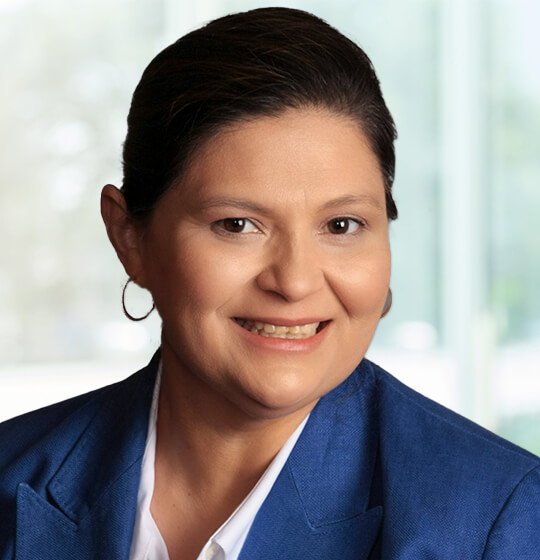The U.S. Department of Education has terminated federal recognition of the Accrediting Council for Independent Colleges and Schools (ACICS) as a national accrediting agency. The loss of recognition will affect certain immigration beneficiaries because many immigration benefits are available only in cases in which a beneficiary has a degree from, or is currently enrolled in, a nationally accredited institution.
The main groups of beneficiaries that the loss of recognition will affect include the following:
- F-1 students seeking STEM optional practical training (OPT). The science, technology, engineering, and mathematics (STEM) OPT extension requires that an F-1 student be enrolled in an accredited and Student and Exchange Visitor Program (SEVP)-certified institution at the time of application. New STEM OPT applications or extensions at ACICS-accredited institutions will not be allowed due to the loss of accreditation. Students at ACICS-accredited institutions currently on STEM OPT will be permitted to continue working under their current grants until its expiration.
Initial OPT will still be available at ACICS-accredited institutions despite the loss of accreditation. A grant of initial OPT requires only that an institution be SEVP-certified.
- Advanced degrees in the context of the H-1B cap lottery. In order for a beneficiary to be eligible to enter the H-1B cap lottery using the advanced degree exemption, the beneficiary must have earned an advanced degree from an accredited U.S. institution. After August 19, 2022, any degrees conferred by ACICS-accredited institutions will not count as qualifying degrees for the advanced degree exemption. As of November 2022, ACICS lists twenty-eight member institutions that have advanced degree accreditation (master’s degree or doctoral degree) through the agency.
- Degrees in the context of employment-based immigrant petitions. The employment-based preference category for an employment-based immigrant visa is partially dependent on the highest degree that an individual holds and/or that is required for the proffered job. Any degree conferred by ACICS-accredited institutions after August 19, 2022, will not be considered an accredited U.S. degree for purposes of meeting immigrant visa requirements.
The loss of recognition is not a sudden surprise. Rather, the August 19, 2022, decision was the culmination of a six-year-long process. The U.S. Department of Education first announced its decision to stop recognizing ACICS in 2016. What followed was a long string of lawsuits, appeals, and finally, a temporary reinstatement under the past administration. The uncertainty about the future recognition of the ACICS accreditation led to a drop in ACICS membership as institutions looked elsewhere for accreditation. At the beginning of 2016, before the U.S. Department of Education announced the decision to cease recognition, ACICS listed 927 U.S. member institutions on their annual report. A year later, that number dropped to 571. Today, the ACICS member directory contains only forty-five U.S. institutions with a combined total enrollment of just under 5,000 students.
Even though the loss of accreditation can have serious immigration-based consequences for the students of an institution, the effects of the August 19, 2022, decision are limited only to the forty-five ACICS-accredited institutions that remain accredited by the agency as of November 2022.
Ogletree Deakins’ Immigration Practice Group will continue to monitor developments with respect to these issues and other policy changes and will post updates on the Immigration blog as additional information becomes available. Important information for employers is also available via the firm’s webinar and podcast programs.








